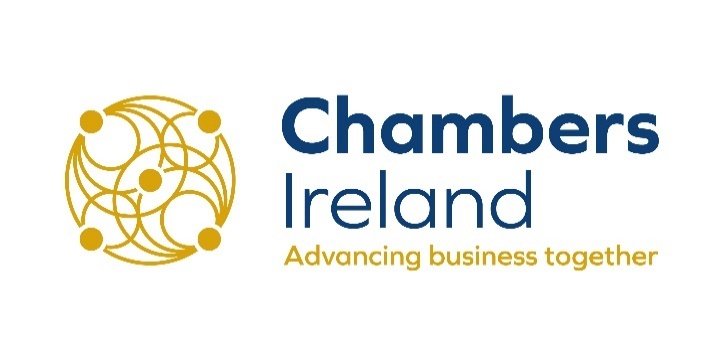
On International Women’s Day (8 March 2021) Chambers Ireland calls on Government to ease the intensified ‘COVID burden’ on women by introducing policies focused on flexible work, parenting equality and the provision of affordable childcare.
This aim must be at the centre of the National Economic Plan to ensure women are not left behind during the economic recovery. The call by Chambers Ireland follows the publication of research which showed that over half (57%) of female entrepreneurs in Ireland found caring and home duties more difficult because of COVID-19 – a figure that is 11 percentage points higher than their European counterparts. A total of 52% said the pandemic had a “strong to severe” impact on their work-life balance.
Speaking today, Chambers Ireland Chief Executive Ian Talbot called for a national strategy on flexible working and more measures to support greater parenting equality.
“Throughout the last year, research has indicated that the impact of the pandemic has been felt more strongly by women. This includes part-time workers who have lost their jobs to frontline workers in health and essential services. Increasing amounts of data show that the work-life balance of women in the workplace has suffered a significant decline.
“Last week, in association with our Brussels-based sister organisation, Eurochambres, we published data which illustrated how COVID-19 confinement measures have heightened several pre-existing obstacles for female entrepreneurs.
“Looking at Irish data specifically, 57% of female entrepreneurs noted that remote working made it more difficult to carry our caring and home duties. This figure is more than 10% higher than their European counterparts. The research is evidence of what we have been hearing from many of our members over the past year – which is that women in the workplace have been more likely to carry the weight of caring responsibilities and home duties during restrictions.
“On International Women’s Day, our message to Government and policymakers is that we must ensure the long-term impact of the pandemic does not result in a permanently wider gender pay gap. Flexible working, parenting equality and investment in affordable childcare must be at the centre of the National Economic Plan and the Government’s response to the recovery.
“Our message to our own members and employers is that we must work even harder to ensure family-friendly work policies are a bigger part of the workplace. While schools and childcare have started to re-open, flexibility and support for working families will remain a necessity. A workplace that places gender equality at the heart of its operations is a workplace which is flexible and supportive of working families. On International Women’s Day, we must ensure that this message is heard loud and clear.”
